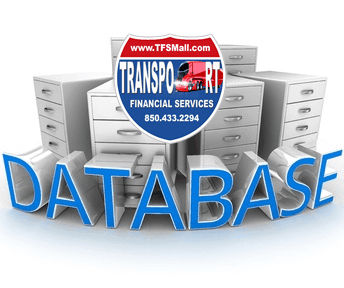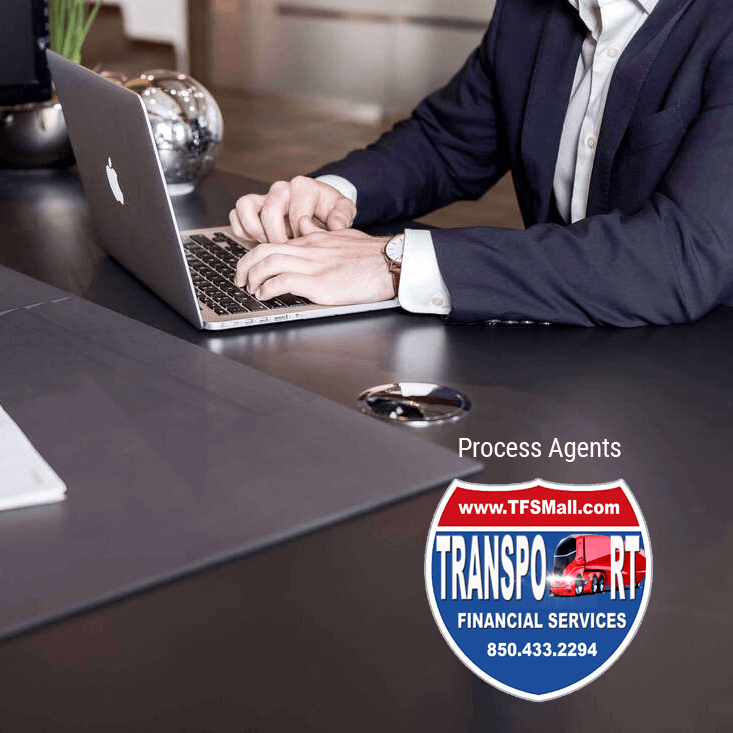California Gov. Gavin Newsom Signs Heavy-Duty Truck Smog Inspection Program Bill Into Law
 Calif. Gov. Gavin Newsom by Rich Pedroncelli/Associated Press
Calif. Gov. Gavin Newsom by Rich Pedroncelli/Associated PressDemocratic Gov. Gavin Newsom has signed into law a bill that directs the California Air Resources Board and other state agencies to develop and implement a new smog inspection program for heavy-duty diesel on-road trucks.
The inspection and maintenance program would begin with a two-year pilot program to develop and demonstrate technologies that show potential for bringing heavy vehicles more than 6 years old and with a gross vehicle weight of more than 14,000 pounds into a permanent testing program similar to one already in place for cars.
“Just as car owners have to get their own personal cars ‘smog checked’ every two years, so too should truck operators be required to maintain their emissions controls so that we can ensure long-lasting air quality improvements here in California,” Democratic state Sen. Connie Leyva, author of the bill, said in a statement. “With Governor Newsom’s signature, SB 210 reinforces California’s leadership on improving air quality and public health, while also leveling the playing field for law-abiding truck owners and operators in our state.”
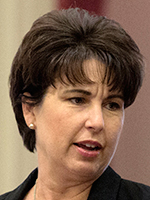
The new law would authorize CARB to assess a fee and penalties as part of the program and would create the Truck Emission Check Fund, which would be available upon appropriation by the legislature to the state board for “the regulatory purposes of the program.”
Mike Tunnell, California-based director of energy and environmental affairs for American Trucking Associations, said the future system would eventually sunset the current program requiring motor carriers to conduct annual smoke tests and replace it with a program that is more emissions-based.
“What that will look like is still to be determined,” Tunnell said.
But CARB is hoping to accomplish the goals of the new law with an emissions-testing program that would not have to follow the station-based model of the smog check program currently used for cars.
Instead, the agency has been working on a program concept that could be based on the use of telematics and other data collection and submission tools to enable the inspection process from the vehicle’s location, officials have said in discussion documents.

One potential program design concept couples periodic on-board diagnostics system checks as the primary test method with on-road emissions monitoring that would use remote sensing devices and plume capture systems to identify high emitters and verify program effectiveness.
The program should be designed to ensure both in-state and out-of-state vehicles have adequate methods to demonstrate compliance with program requirements, according to CARB.
Currently, there is no smog check-type program for heavy-duty vehicles to ensure their emissions control systems are functioning properly and repaired in a timely manner, according to CARB.
CARB’s current Periodic Smoke Inspection Program requires diesel and bus fleet owners to conduct annual smoke opacity inspections and maintain records of the tests, and repair those vehicles with excessive smoke emissions to ensure compliance. In addition, CARB randomly audits fleets, reviews maintenance and inspection records, and tests a representative sample of vehicles. A fleet owner that neglects to perform the annual smoke opacity inspection on applicable vehicles is subject to a penalty of $500 per vehicle per year.
CARB officials say that even with modern emissions controls and on-board diagnostics monitoring systems, 2019 estimates indicate that heavy trucks contribute approximately 58% of the statewide on-road mobile source oxides of nitrogen emissions and about 82% of the statewide on-road mobile source particulate matter emissions. Some of these emissions are attributed to broken or failing emissions-related equipment.
Approximately 12 million residents across California live in communities that exceed federal ozone and PM standards, according to state environmental officials. Increased exposure to harmful emissions has been directly associated with serious health impacts, particularly for the elderly, small children and people with pre-existing respiratory issues, it said.
“There’s work to be done on a new system,” Tunnell said. “Hopefully with the telematics on the truck, something can be designed that is less intrusive than what most of us know as a smog test program.”
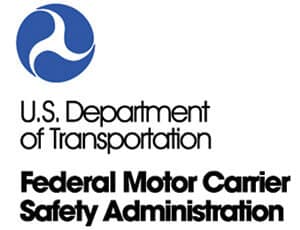
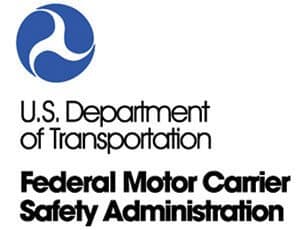 Nevertheless, given the regulations of such avenues of Brokers, Freight Brokers, and direct shipper interactions with Motor Carriers now facilitated by what have become vastly simplified “operating authority”, “bill of lading” (read “contract of carriage”), “rate confirmation”, and “insurance certification” forms and procedures, as implemented through the currently revised iteration of Parts 300 to 399 of the Code of Federal Regulations (“CFR”) whatever further accommodations to new safety regulations interstate Motor Carriers are still adjusting to the procedures for business entities seeking to patronize such transportation service providers remain straight forward and easily understandable.
Nevertheless, given the regulations of such avenues of Brokers, Freight Brokers, and direct shipper interactions with Motor Carriers now facilitated by what have become vastly simplified “operating authority”, “bill of lading” (read “contract of carriage”), “rate confirmation”, and “insurance certification” forms and procedures, as implemented through the currently revised iteration of Parts 300 to 399 of the Code of Federal Regulations (“CFR”) whatever further accommodations to new safety regulations interstate Motor Carriers are still adjusting to the procedures for business entities seeking to patronize such transportation service providers remain straight forward and easily understandable.
 Shippers look to brokers to fulfill the important function of supplying the many trucks required to meet their shipping needs. The small fleets and owner-operators find that the broker can supply freight needed by the carrier, thereby, relieving the carrier. Thereby relieving the carrier need of hiring a sales force to find freight for their company. Shippers on the other hand may need hundreds of trucks a day to move their freight. Rather than calling carriers, the shippers can have one call, find one or one hundred trucks.
Shippers look to brokers to fulfill the important function of supplying the many trucks required to meet their shipping needs. The small fleets and owner-operators find that the broker can supply freight needed by the carrier, thereby, relieving the carrier. Thereby relieving the carrier need of hiring a sales force to find freight for their company. Shippers on the other hand may need hundreds of trucks a day to move their freight. Rather than calling carriers, the shippers can have one call, find one or one hundred trucks.
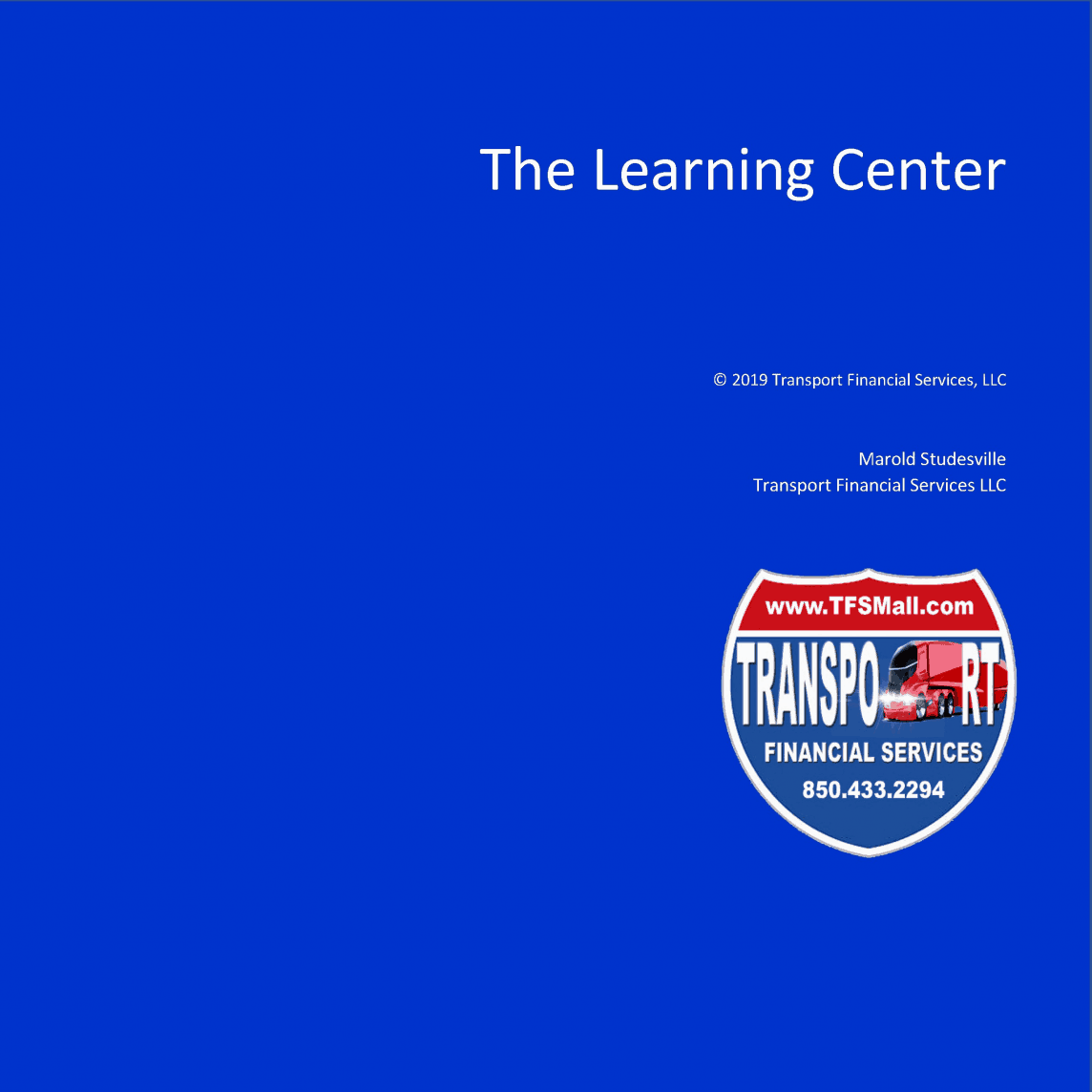
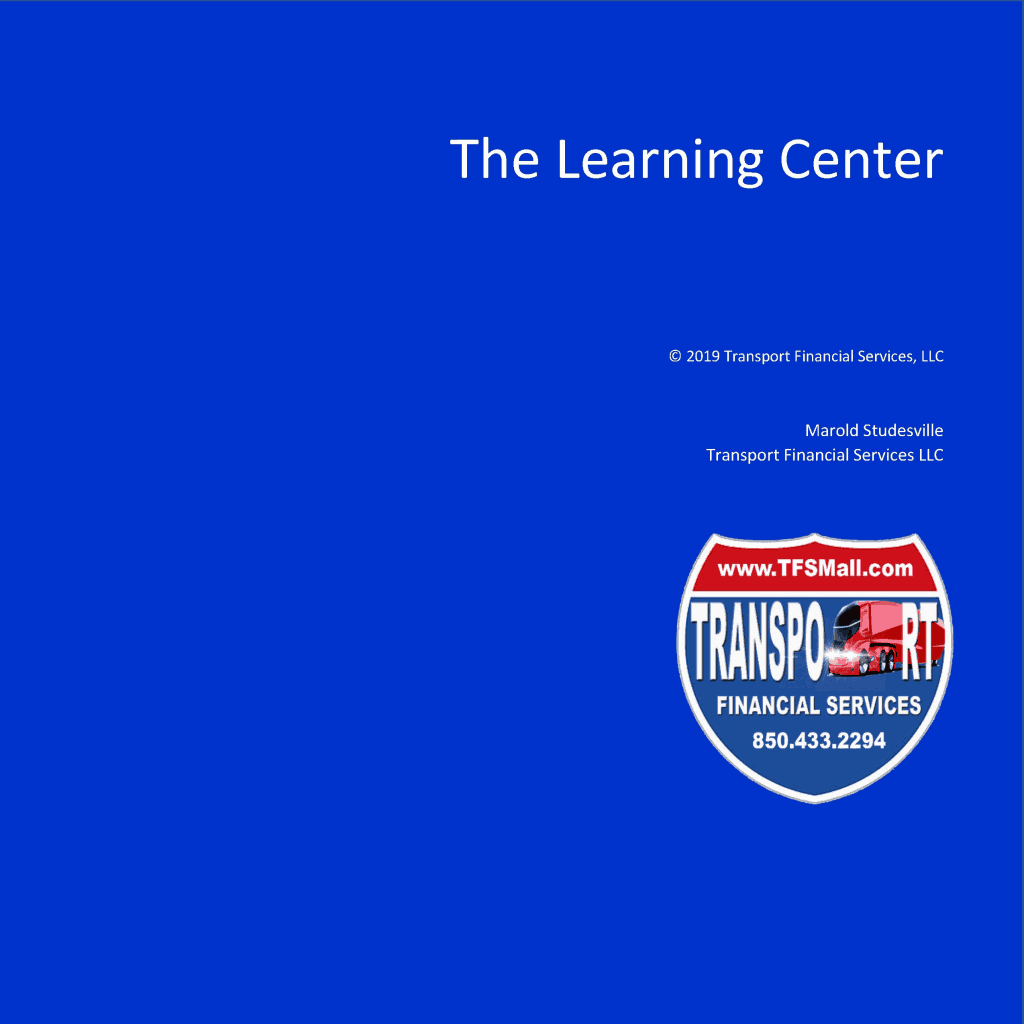


 As TFS expands it literally has become the center of the transportation industry, and exemplifies the phrase “One Stop Transportation Shop”. The mall is more than just a Transportation Shopping Mall, but the destination for all members in this industry. We welcome Network Providers…Shippers…Factoring Companies, and all parties interested in designing successful logistic operations to enjoy shopping at “One” convenient location,
As TFS expands it literally has become the center of the transportation industry, and exemplifies the phrase “One Stop Transportation Shop”. The mall is more than just a Transportation Shopping Mall, but the destination for all members in this industry. We welcome Network Providers…Shippers…Factoring Companies, and all parties interested in designing successful logistic operations to enjoy shopping at “One” convenient location, 
 TFS, remains committed to new members interested in pursuing a career in transportation. TFS processing center is open 24 hours a day providing Process Agents, support services, and direct referrals for products that we may not provide. Being a Business owner is sometimes very difficult, and requires a cohesive “Network” to “MINIMIZE THE STRESS” of set-up, and building a networking data-base. Transportation professionals make your wish come true.
TFS, remains committed to new members interested in pursuing a career in transportation. TFS processing center is open 24 hours a day providing Process Agents, support services, and direct referrals for products that we may not provide. Being a Business owner is sometimes very difficult, and requires a cohesive “Network” to “MINIMIZE THE STRESS” of set-up, and building a networking data-base. Transportation professionals make your wish come true.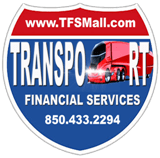
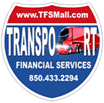 Furthermore, TFS manages the complexities of the transportation industry with cutting edge technology, improving customer service to nurture both foreign and domestic markets, thereby enabling development of training certification for “Today’s Broker”, as well as services for the most important commodity in this vast industry, the motor carriers, including funding requirements (factoring). All found in the business platform located at www.eTruckBook.com.
Furthermore, TFS manages the complexities of the transportation industry with cutting edge technology, improving customer service to nurture both foreign and domestic markets, thereby enabling development of training certification for “Today’s Broker”, as well as services for the most important commodity in this vast industry, the motor carriers, including funding requirements (factoring). All found in the business platform located at www.eTruckBook.com. From 3PL Transportation Management, Consultation, and government contracts the ability to contact real transportation professionals with a well- deserved reputation of providing all of the tools required to be successful in a logistics operation. Always a live agent, and by the way go to
From 3PL Transportation Management, Consultation, and government contracts the ability to contact real transportation professionals with a well- deserved reputation of providing all of the tools required to be successful in a logistics operation. Always a live agent, and by the way go to  The DOT is charged with the safety elements in the transportation industry as a whole with oversight responsibilities regarding elements of railroad safety issues, and motor carrier safety inspections and transporting hazardous materials. They issue United States Department of Transportation (USDOT) numbers to motor carrier’s operations, and conduct random roadside safety checks of motor carriers. All motor carriers operating vehicles that require a CDL, (driver’s license) both for hire as well as private fleets must have been issued a DOT number.
The DOT is charged with the safety elements in the transportation industry as a whole with oversight responsibilities regarding elements of railroad safety issues, and motor carrier safety inspections and transporting hazardous materials. They issue United States Department of Transportation (USDOT) numbers to motor carrier’s operations, and conduct random roadside safety checks of motor carriers. All motor carriers operating vehicles that require a CDL, (driver’s license) both for hire as well as private fleets must have been issued a DOT number.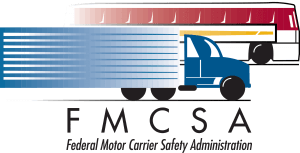 An application for a property broker’s license is called an OP-1 can be found on the internet or requested in writing from the FMCSA. The applicants Motor Carrier (MC) number is processed the same day, but takes 30 days to become Active as an operating authority. A ten (10) day protest period is mandatory on all applicants to determine if any state contest their authority for any reason, and requires a BMC 84 Broker Bond from an insurance company, or BMC 85 Trust Agreement from a financial or bank.
An application for a property broker’s license is called an OP-1 can be found on the internet or requested in writing from the FMCSA. The applicants Motor Carrier (MC) number is processed the same day, but takes 30 days to become Active as an operating authority. A ten (10) day protest period is mandatory on all applicants to determine if any state contest their authority for any reason, and requires a BMC 84 Broker Bond from an insurance company, or BMC 85 Trust Agreement from a financial or bank.



